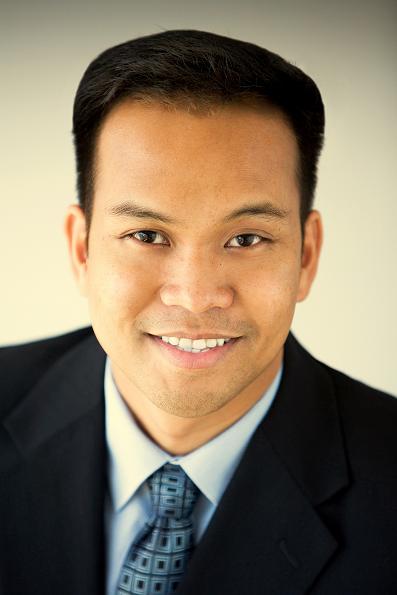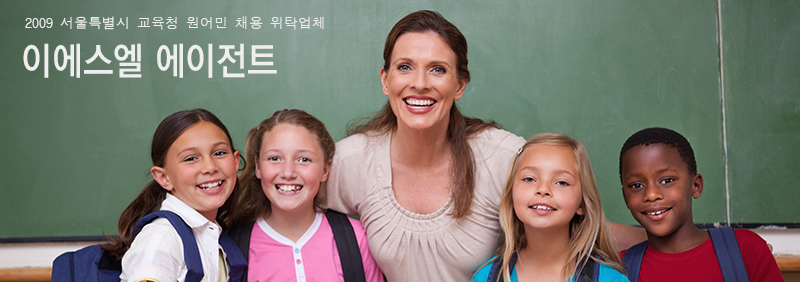|
| |
Roderick |

|
|
|
 |
|
| 번호 |
5,245 |
|
| 강사이름 |
Roderick |
|
|
| 성별 |
남성 |
|
| 국적 |
USA |
|
| 생년월일 |
1976년 04월 03일 |
|
| 혼인여부 |
Single |
|
| 현 거주지 |
현재 미국에 거주중 |
|
| 시작가능 날짜 |
2010년 7월 15일 |
|
| 선호지역 |
대도시선호, 중소도시 (서울근교), |
|
| 선호대상 |
유치부선호, 초등부, 성인 |
|
| 토요일 근무 |
명시하지 않음 |
|
| 근무 타입 |
Full Time |
|
| 최종학력 |
4년제 학사 |
|
| 전공 |
Psychology-Child Development |
|
| 교육관련 자격증 |
CELTA 자격증 |
|
| 희망급료 (월 기준) |
월급 미지정 |
|
| 희망숙소 |
원룸이나 스튜디오 |
|
| 강의경력 유무 |
강의경력 있음 (1년 경험) |
|
| 한국방문 경험 유무 |
한국방문 경험 있음 |
|
| 강의경험 |
Jung Chul and Park Jung Academy in Masan, South Korea. I taughtEnglish academic college writing, World Style English Debate, and English conversation to middle and high school students for a year. |
|
| 커버레터/이력서 |
This letter will serve as my introduction letter and intent of interest for a ESL teaching position in South Korea. English is the second most spoken language in the world. 500 million people use English as a second language for business and communication. A taxi driver in Rome, Italy will more likely speak English to someone who looks like a tourist before using or attempting any other language. In the international business world, English is the most commonly used language to conduct business. Teaching English in Korea will provide me the opportunity to share the English language and American culture to my prospective students, to learn the culture and language of Korea for myself, and to develop as an educator.
Teaching English as a second language in Korea will allow me to assist English learners to use English properly both in formal conversation and writing. This will allow my students to have more opportunities to succeed in a challenging world. Also, teaching English in Korea will allow my students and I to learn from each other in both the similarities, and differences of our cultures.
I encountered a lot of cultural differences during my year of teaching in Masan, South Korea. Cultural differences present an opportunity for me to learn another country’s perspective, values, and beliefs on certain topics or issues regarding life or the way things are done. While I do not agree with some differences, I respect them, and I value the differences that we have from each other. Encountering cultural differences was a growing experience for me, as an educator in South Korea.
In terms of educational philosophy, I believe that teachers need to have a clear, fun, and solid plan that students can follow. Class rules that are simple and effective need to be enforced to ensure that students learn at maximum capacity. Topics and lesson plans need to reflect the concerns and issues that are relevant to Korean students. Finally, as a teacher, I believe that an open learning environment, where student’s voices are heard creates more of a dynamic learning environment. Being open to student’s opinions and ideas allows students to be more creative, and lets them think outside the box. Finally, being open to change and tuned in to the needs of the students is essential. This is how I conducted my classes in the year I taught in South Korea.
Sincerely,
Rod |
|
|



